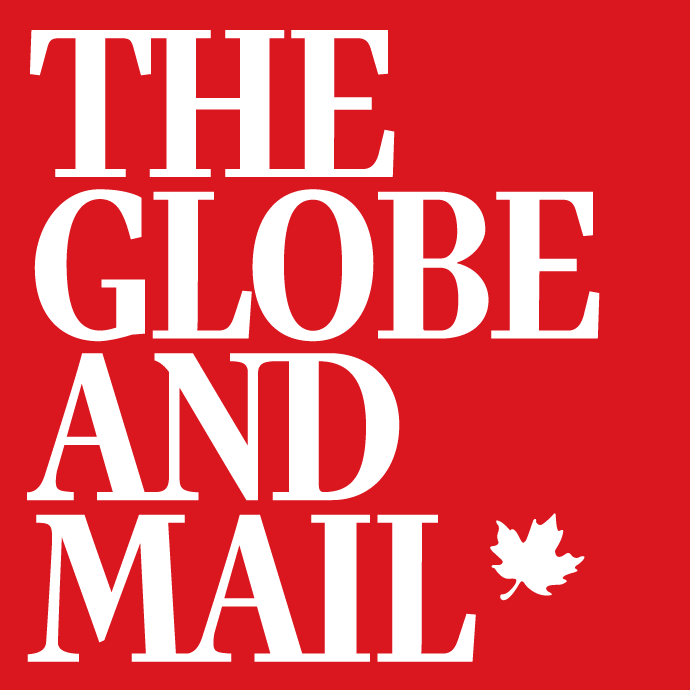Corporate News
The Globe and Mail relaunches browser extension to monitor Facebook ads ahead of Canadian election
Political ad collector created by U.S. investigative journalism non-profit ProPublica in 2017
June 3, 2019
The Globe and Mail is pleased to announce the relaunch of the Facebook Political Ad Collector (FBPAC), an online tool designed to monitor political advertising on Facebook. The collector, a web browser extension that can be downloaded by users, was built in 2017 by ProPublica as a tool to help create more transparency about the modern electoral landscape.
With this relaunch, The Globe and Mail takes ownership of the tool, with an eye to bolstering its coverage of political advertising in the lead-up to the Canadian federal election in October, 2019.
“As political parties and other interest groups increasingly turn to social media to promote their message, the Political Ad Collector provides reporters with data needed to be a critical check on politicians and third-parties,” says David Walmsley, Editor-in-Chief of The Globe and Mail.
The ad collector works like this: after a user downloads the extension, the collector begins to monitor their Facebook feed for political ads. It collects ad text, images and targeting information (for instance, women between the ages of 25 to 35 living in Ottawa), and that information is then sent to a database. Readers who have installed the extension can also use it to see the political ads others have come across. Data is collected anonymously and The Globe has no access to, nor does it store, any information about the users who install the extension. No personal information on the user or their friends is ever collected from their Facebook feeds.
Reporters can access the database to better understand the messages and targeting parameters used by political parties, a perspective otherwise impossible to gain due to the huge number of ads and the degree to which they are microtargeted to specific audiences.
The ad collector is specifically designed for Facebook ads because of how important the platform has become for groups looking to connect with voters, the huge audience the platform engages (more than 23 million users in Canada visit Facebook each month), and because relative to other platforms Facebook provides users with more information about how a particular ad has been targeted. In January, Facebook intentionally made a series of changes to its website that effectively blocked the extension and ad collection. The Globe has overcome that block and the tool is again able to collect ads.
“The Globe and Mail is a perfect home for the Facebook Political Ad Collector, with a team of diligent journalists committed to covering digital campaigning, smart technologists able to take over a complex software project — and an election where the tool can provide much-needed transparency,” says Scott Klein, ProPublica’s deputy managing editor. “We’re thrilled to give the project such a good home. Existing users around the world can expect their add-on to continue working and shouldn’t notice much of a change.”
Thousands of users have downloaded the web browser extension since it was originally launched in 2017 and hundreds of thousands of ads have been added to the database. As well as being used by The Globe, the FBPAC tool has been used by media organizations including Der Spiegel in Germany, WIRED, Dutch public broadcasting and others to monitor election ads.
The Globe and Mail will be using the FBPAC tool to investigate political ad targeting for the upcoming federal election. As well, to monitor ads in multiple languages, The Globe has added support for collection in over 100 of the languages Facebook supports.
Users can download the web browser extension on Firefox (https://addons.mozilla.org/en-CA/firefox/addon/facebook-ad-collector/) and Chrome (https://chrome.google.com/webstore/detail/facebook-political-ad-col/enliecaalhkhhihcmnbjfmmjkljlcinl?hl=en)
